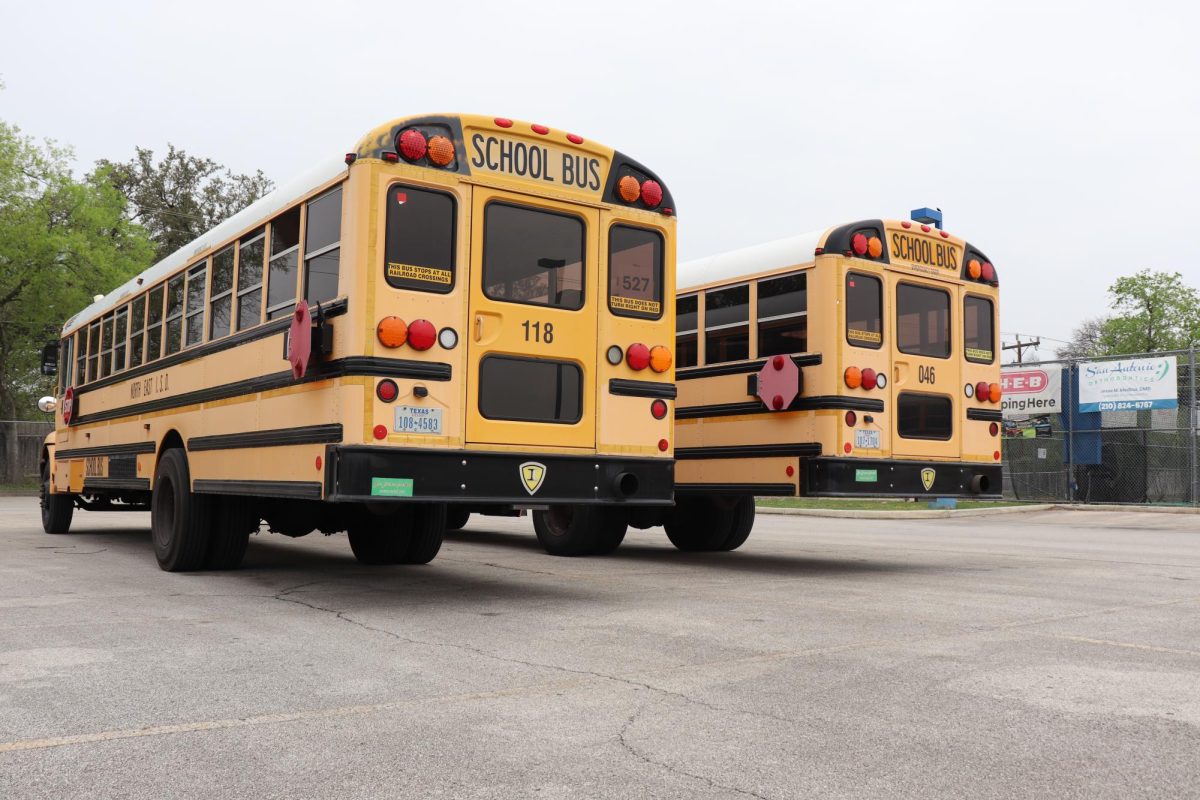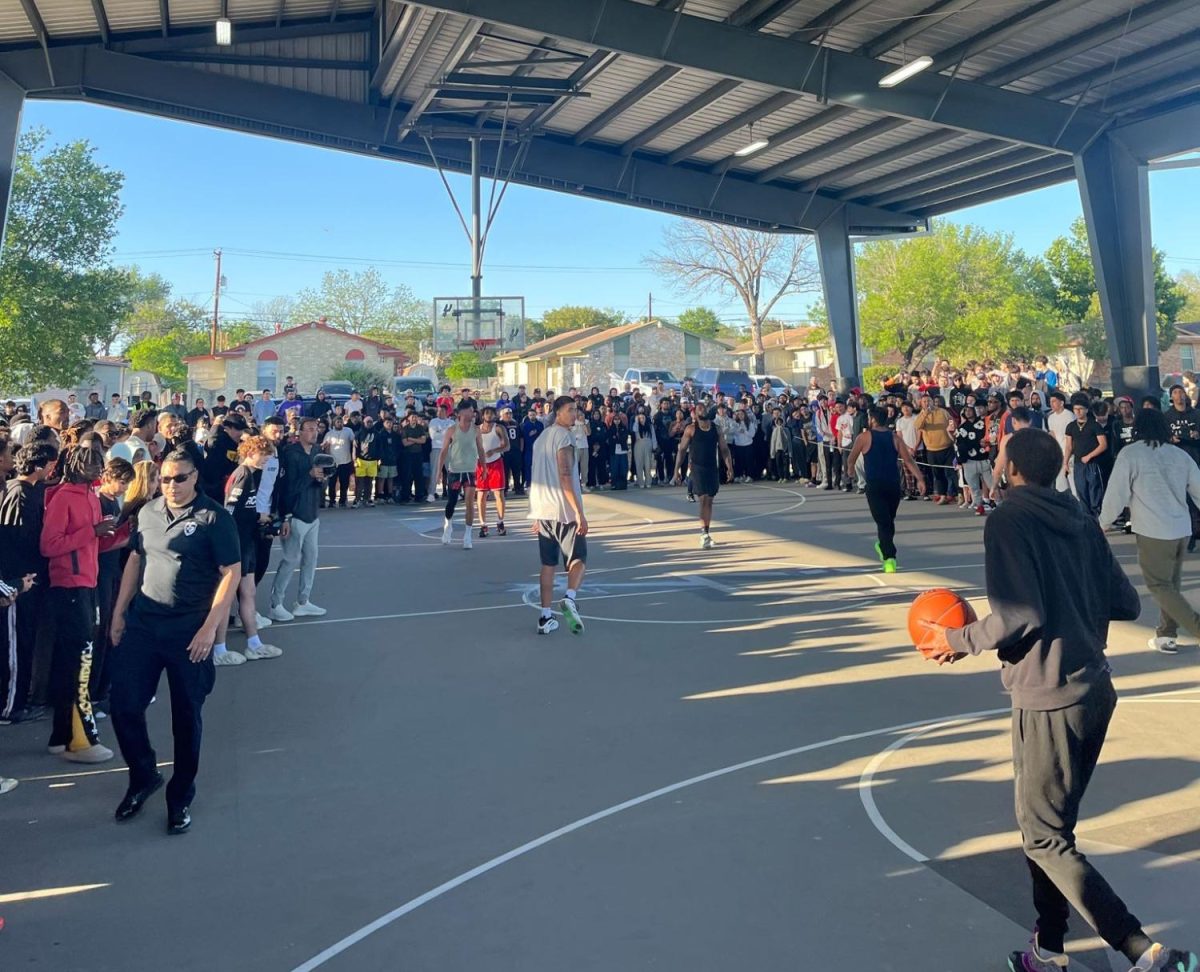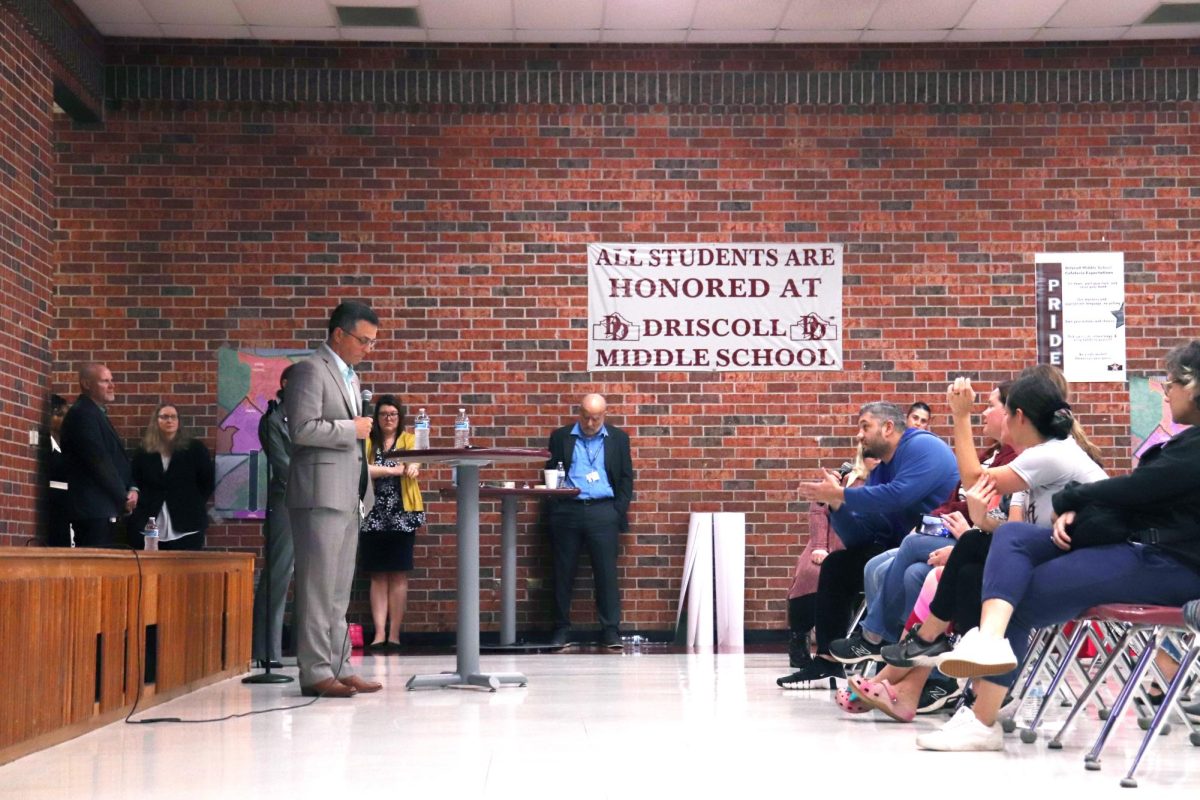 Throughout the year teachers assign group projects with the belief that it lightens the students’ workloads and teaches them how to interact with others and work together for a common goal.
Throughout the year teachers assign group projects with the belief that it lightens the students’ workloads and teaches them how to interact with others and work together for a common goal.
They are sadly mistaken. Here are a few reasons why more times than not, group projects are ineffective.
Reason 1: The Slacker
Every group project has that one person that could just care less about their grade. If they don’t care about their own grade, what’s the likelihood of them giving a hoot about your grade? Pretty slim. These are the ones that make it difficult for the rest of the group because they end up having to carry their dead weight, and though most teachers say if someone is not doing their part to notify them and they will deal with it, some students are just too shy to throw their peers under the bus, even if it means double work.
Reason 2: The Dull Crayon
Let’s face the facts: some students’ work is less than stellar. It’s not that they don’t try, it’s that they have a misunderstanding of the material and requirements for the assignments and may not be the brightest crayon in the box. What happens when students get these people as partners but don’t know that they aren’t the sharpest tool in the shed? The students all turn in their work, and though they all tried hard, they still get a bad grade because one of the students missed the mark.
Reason 3: One Grade for All
All the members in the group get the same grade, no matter who did what. This stinks. If someone receives a failing grade, let it be because of them and not other people in their class, who they honestly have no control over.
The Solution
It is not all the teacher’s fault for failure on a group project. Students should take responsibility and do their part. If they don’t understand the material, they should get help, and everyone should keep their word and help out. However, this would only happen in a perfect world. If all the students in the group received separate grades for their portion of the project and a score on group participation, students would still get to develop skills needed to work with others, the workload would be lighter, and each student’s grade depends on their work and not someone else’s.



















